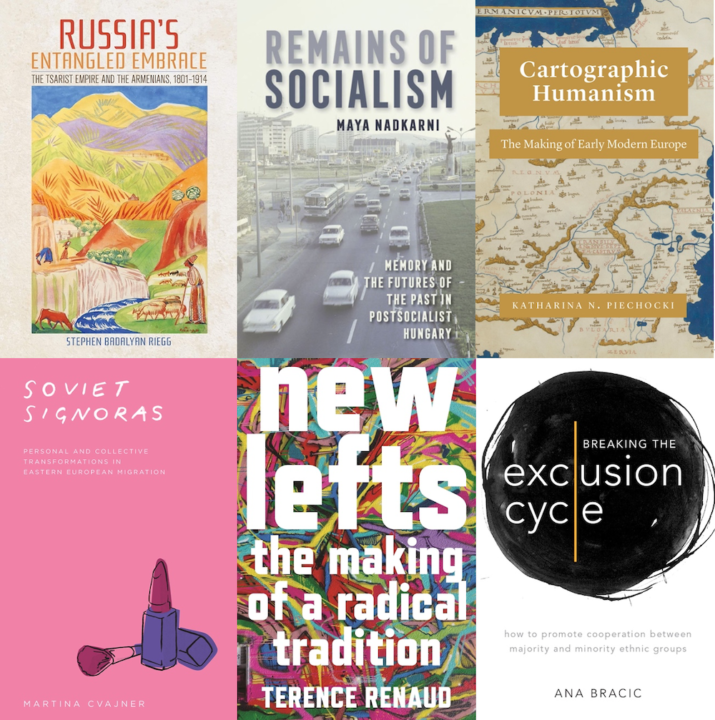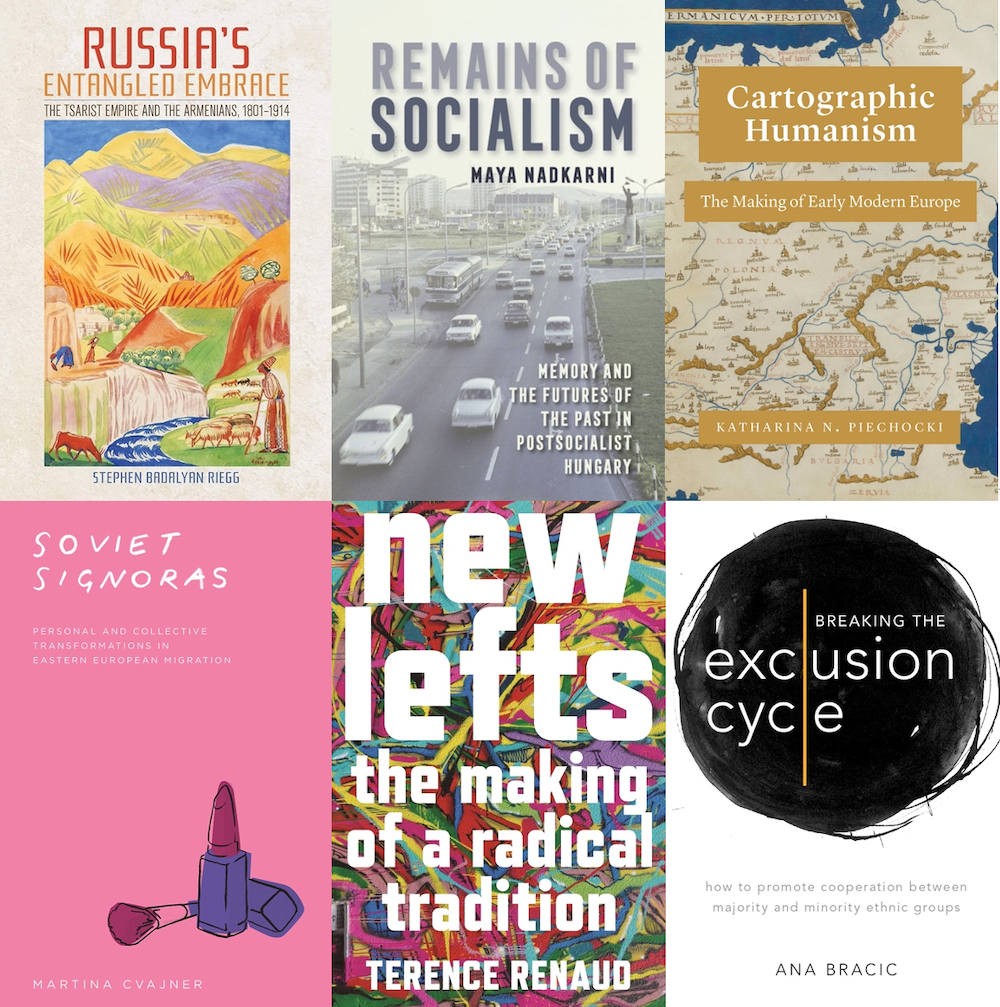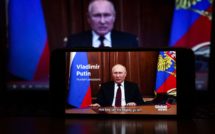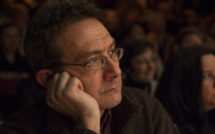
Congratulations to the finalists of this year’s European Studies Book Award. The award honors the work of talented scholars who have written their first book on any subject in European Studies published within a two-year period. A multi-disciplinary Book Award Committee appointed by the Council for European Studies’ Executive Committee will choose the winner. Listed below are the shortlisted books.

Russia’s Entangled Embrace: The Tsarist Empire and the Armenians, 1801-1914
by Stephen Badalyan Riegg (Cornell University Press)
Remains of Socialism: Memory and the Futures of the Past in Postsocialist Hungary
by Maya Nadkarni (Cornell University Press)
Cartographic Humanism: The Making of Early Modern Europe
by Katharina N. Piechocki (The University of Chicago Press)
Soviet Signoras: Personal and Collective Transformations in Eastern European Migration
by Martina Cvajner (The University of Chicago Press)
New Lefts: The Making of a Radical Tradition
by Terence Renaud (Princeton University Press)
Breaking the Exclusion Cycle: How to Promote Cooperation between Majority and Minority Ethnic Groups
by Ana Bracic (Oxford University Press)
This year’s jury is made up of: Nora Berend, Ari Joskowicz, Carolyn Guile, Silvia Scarpa, Jae-Jae Spoon, and Tommaso Pavone.
Past awardees of the prize include Emma Kuby for Political Survivors: The Resistance, the Cold War, and the Fight against Concentration Camps after 1945, Max Bergholz for Violence as a Generative Force: Identity, Nationalism, and Memory in a Balkan Community, Francine Hirsch for Empire of Nations: Ethnographic Knowledge and the Making of the Soviet Union, Chip Gagnon for The Myth of Ethnic War: Serbia and Croatia in the 1990s, Todd Shepard for his book, The Invention of Decolonization: The Algerian War and the Remaking of France (Cornell University Press), Mark I. Choate’s Emigrant Nation: The Making of Italy Abroad, Bonnie M. Meguid’s Party Competition between Unequals: Strategies and Electoral Fortunes in Western Europe, Paulina Bren for her book The Greengrocer and His TV: The Culture of Communism after the 1968 Prague Spring, and Harris Mylonas for The Politics of Nation-Building: Making Co-Nationals, Refugees, and Minorities.




